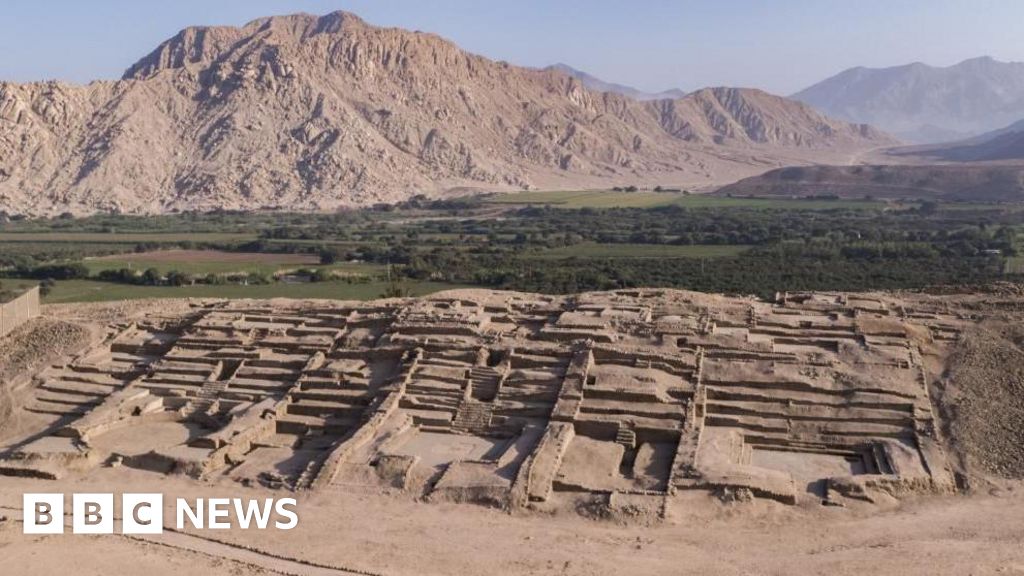Besides humans, very few mammals receive care from their fathers. But when species do, it may benefit their children. New research from the University of Notre Dame found that the strength of early-life father-daughter relationships predicts meaningful differences in the survival of female baboons.
Published in Proceedings of the Royal Society B, the study evaluated the impact father baboons may have when they choose to co-reside or interact with their daughters, even though baboon mothers provide all essential care. Until now, the consequences of early-life paternal relationships of offspring were mostly unknown.
“Male baboons tend to reach their peak reproductive success when they’re young adults,” said Elizabeth Archie, professor of biological sciences at Notre Dame and corresponding author of the study.
“But once they’ve had a few kids and their condition declines, they sort of slide into ‘dad mode,’ where they don’t disperse as much and they don’t try as hard to mate. Then they have time to invest in and hang out with their kids.”
Looking at 216 female baboons and their fathers in the Amboseli ecosystem of East Africa, the researchers found about one-third of the daughters lived in the same social group as their fathers for three years or more. The remaining two-thirds had fathers who either left the group or died within their daughter’s first three years of life.
Researchers also evaluated the grooming habits of juvenile females with their fathers and other adult males, which speaks to the potential strength of father-daughter and other relationships. Archie shared that grooming, which is used for hygiene and social bonding, could be considered the “human equivalent of sitting down, having a cup of coffee and a good chat.”
The study showed daughters who had a strong relationship with their fathers, who co-resided with their fathers for three years or more, or both, lived two to four years longer than females who had weak father-daughter relationships.
“Early life adversity has a powerful effect on lifespan, so this study suggests that having a dad allows females that have experienced other forms of adversity to recover some of those costs,” Archie said.
“In a lot of mammals, dads have a reputation of not contributing very much to offering care, but we now know that even these seemingly minor contributions that males are making still have really important consequences, at least in baboons.”
Additionally, father-daughter pairs that lived together for longer had stronger grooming relationships. Meanwhile, strong relationships between juvenile females and other adult males did not predict adult survival. This could be because male baboons sometimes intervene on behalf of offspring in conflicts, protecting their daughters, and even the mothers, from other group members.
“Males seem to sort of expand a child’s social network, as they can be popular members of their social group. Lots of baboons are coming up and interacting with the male. So an infant who’s hanging out near a male has more diverse social interactions than if they’re only hanging out with mom,” Archie said. “And dads can create a sort of safety zone for their daughters.”
Although mammal fathers may not provide much, if at all, to their offspring, Archie believes this study may hold insight into the evolutionary roots of human parental care.
This study is part of the Amboseli Baboon Research Project, which began in 1971 and is among the longest-running primate studies in the world. The project is co-directed by Archie at Notre Dame, Susan Alberts from Duke University and Jenny Tung at the Max Planck Institute for Evolutionary Anthropology.
In addition to Archie, Alberts and Tung, study co-authors include David Jansen at the University of Wisconsin-Madison and J. Kinyua Warutere at the Amboseli National Park in Kenya.
More information:
David J. Jansen et al, Early-life paternal relationships predict adult female survival in wild baboons, Proceedings of the Royal Society B: Biological Sciences (2025). DOI: 10.1098/rspb.2025.0194
Citation:
Father-daughter bonding may help female baboons live longer (2025, July 5)
retrieved 5 July 2025
from
This document is subject to copyright. Apart from any fair dealing for the purpose of private study or research, no
part may be reproduced without the written permission. The content is provided for information purposes only.

















